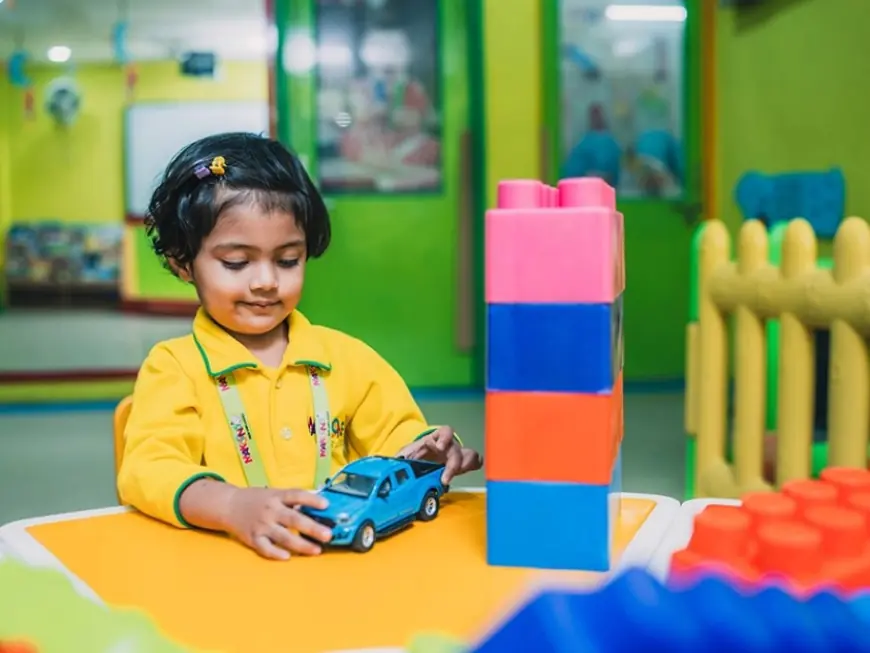How Preschool Routines Build Executive Function Skills in Young Minds

When parents think about preschool, they often picture colorful classrooms, playful activities, and early lessons in numbers and letters. While these are important, one of the most valuable aspects of preschool lies in something less visible: the development of executive function skills. These skills—self-control, working memory, and flexible thinking—are the mental processes that help children focus, follow instructions, manage emotions, and adapt to new situations. One of the most effective ways preschools nurture these abilities is through consistent daily routines.
Executive function is like the brain’s management system. Just as adults use these skills to plan their day, complete tasks, and regulate behavior, children need them to succeed in school and beyond. Preschool routines, from morning greetings to snack time and clean-up, are more than just schedules. They are structured opportunities for children to practice focus, organization, and decision-making in a supportive environment.
The Best Preschool in Panipat understands the science behind routines and ensures that children experience predictable, structured days. For example, circle time encourages active listening and memory as children recall songs, discuss the calendar, or share stories. Transition routines, such as lining up for outdoor play, help children practice patience and self-regulation. Even simple acts like putting toys back in their place teach responsibility, sequencing, and attention to detail.
Similarly, the Best Preschool in Delhi integrates routines that balance structure with flexibility. Teachers guide children through daily schedules but also encourage them to adapt when plans change—like moving storytime outdoors on a sunny day. This combination builds both stability and resilience. By repeating familiar routines, children strengthen neural pathways that support focus and memory. At the same time, small changes in routine teach adaptability, an essential part of executive functioning.
Preschool routines also foster independence. When children know what to expect, they gain confidence in completing tasks on their own—washing hands before meals, packing their belongings, or choosing activities during free play. Each step reinforces organization and decision-making, while also building pride in accomplishment. Over time, these small successes create a strong foundation for self-directed learning.
Social interactions during routines further strengthen executive skills. Waiting for a turn, sharing toys, or following group rules all require children to control impulses and consider others’ perspectives. These experiences prepare children for collaborative learning in higher grades and for real-world situations where teamwork and empathy are essential.
Parents can reinforce these skills at home by creating simple routines that mirror preschool practices. Regular bedtime rituals, consistent meal schedules, and assigning small responsibilities give children opportunities to practice self-control and planning outside of school. When home and school environments work together, executive function skills become second nature.
In conclusion, preschool routines are far more than time management tools—they are essential frameworks for developing the brain’s core skills. By choosing schools that value structure and consistency, parents give their children the best chance to thrive academically, socially, and emotionally. Families who enroll in the Best Preschool in Panipat or the Best Preschool in Delhi can be confident that their children are building the executive function skills they need to grow into focused, adaptable, and independent learners.
Also Read:
Easy and Interesting Science Questions for Kids with Answers
What's Your Reaction?
 Like
0
Like
0
 Dislike
0
Dislike
0
 Love
0
Love
0
 Funny
0
Funny
0
 Angry
0
Angry
0
 Sad
0
Sad
0
 Wow
0
Wow
0














































